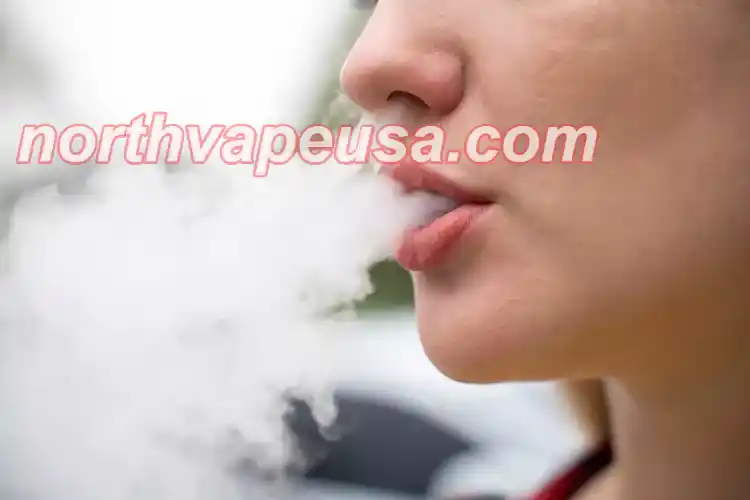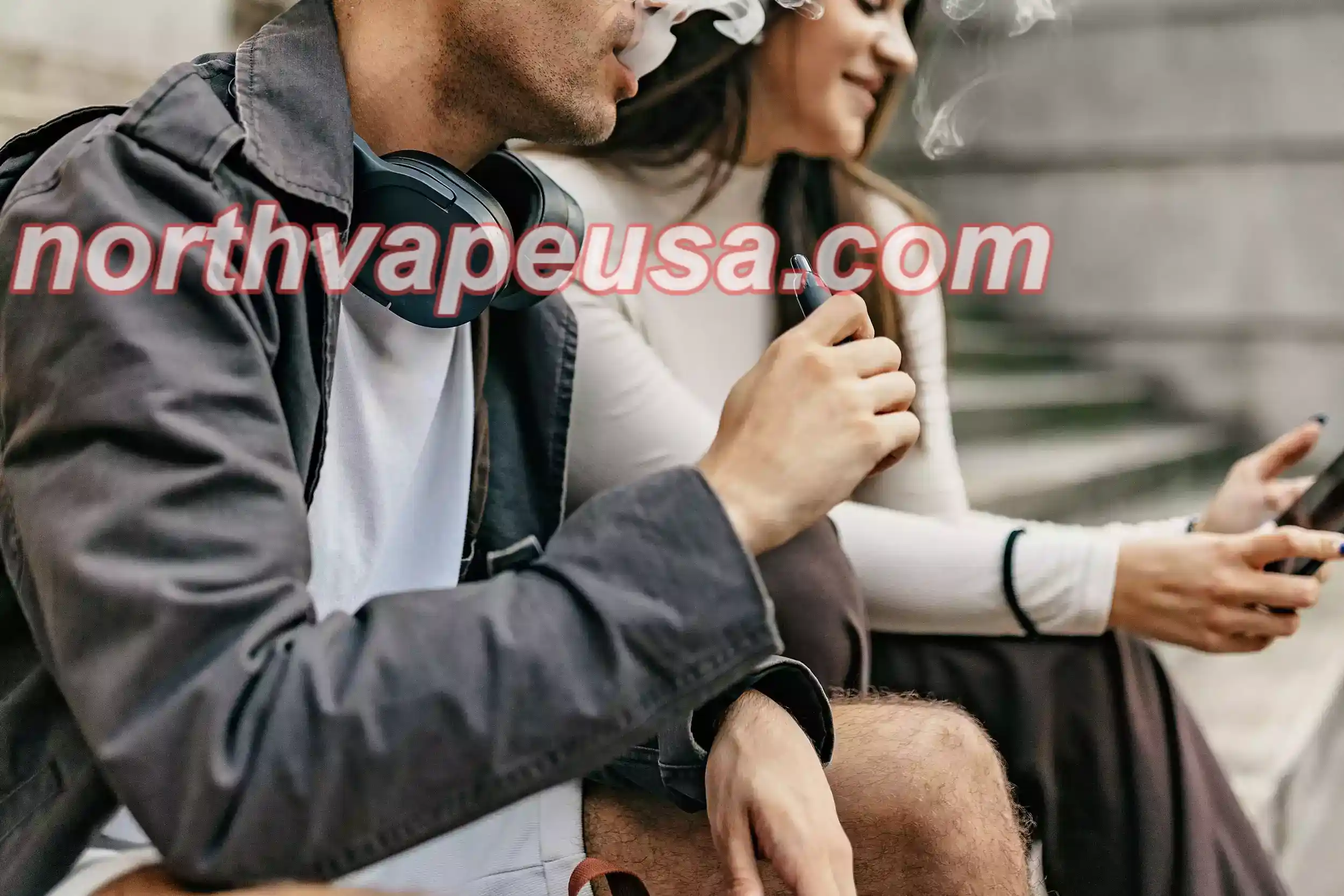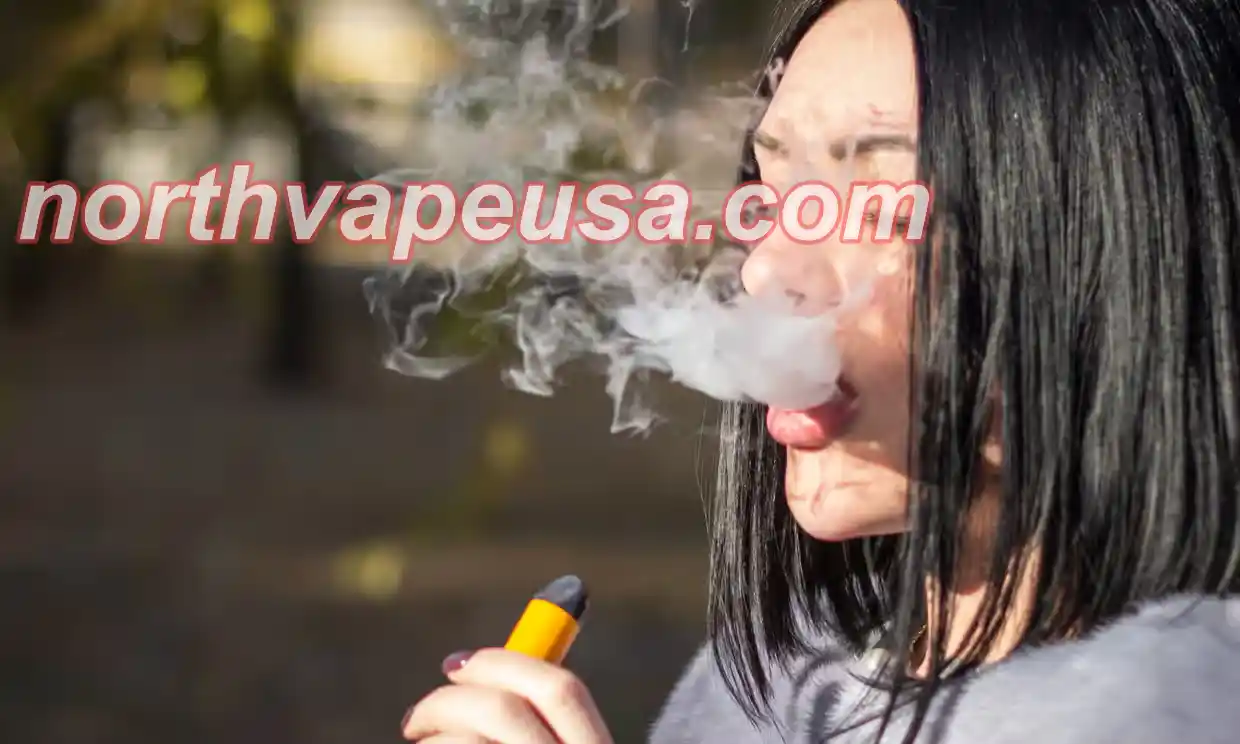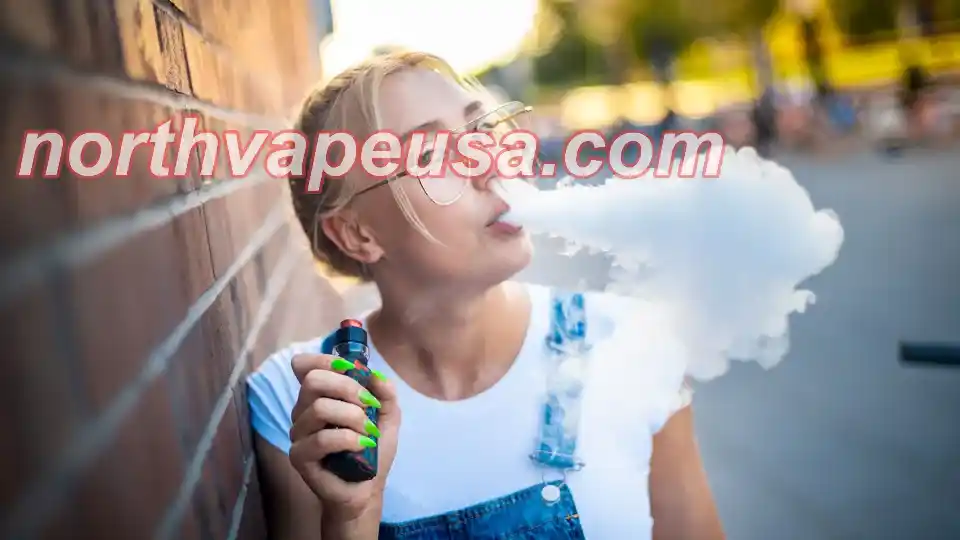Washington State Proposes Ban on Flavored Vapes and Menthol Cigarettes
Washington State Lawmakers Push to Ban Flavored Vapes and Menthol Cigarettes Amid Growing Health Concerns
In a move that could significantly impact the vaping and tobacco industries, Washington State lawmakers are looking to introduce a new bill aimed at banning the sale of flavored nicotine products, including vapes and menthol cigarettes. The proposed legislation, House Bill 1203 (HB 1203), was submitted on January 8, 2025, and it aims to combat what many lawmakers are calling a public health crisis, particularly among young people.
The bill, which has already gained significant attention, is part of a broader effort to tackle the rise of vaping among teenagers and young adults. It specifically targets the tobacco industry's marketing strategies, which many argue are designed to appeal to youth and communities of color. Lawmakers have raised concerns that flavored products are being used to attract young consumers who may not otherwise have been interested in nicotine products.
One of the key aspects of this bill is its inclusion of menthol cigarettes, a flavor that has long been a point of contention in tobacco regulation. According to data from a 2020 national survey, over 43% of smokers reported using menthol cigarettes, highlighting their prevalence in the market. This new legislative push is an extension of earlier efforts made by the state to ban flavors vapes, a move that was initially introduced in 2019 but failed to make it through the state House of Representatives.
Governor Jay Inslee of Washington previously issued an emergency temporary ban on flavors vapes back in 2019, but his attempt to make the ban permanent failed to gain traction in the legislature. This new bill, however, represents a more comprehensive approach, extending the ban to include menthol cigarettes—a product that remains highly popular among smokers, particularly in minority communities.
The issue of flavored vaping products has been a topic of heated debate across the United States in recent years. Advocates for stronger regulations argue that flavored vapes—like fruit, candy, and mint—serve as a gateway to nicotine addiction for young people. They point to studies showing that the use of flavored vapes has skyrocketed among teenagers, many of whom view these products as more appealing than traditional cigarettes.
However, opponents of such bans argue that they could lead to unintended consequences, such as a rise in black-market sales of these products. Furthermore, some argue that adult vapers who use flavored products as a means of quitting smoking would be disproportionately affected, potentially pushing them back toward traditional cigarettes or other more harmful alternatives.
The HB 1203 bill also aims to address the broader issue of nicotine consumption by prohibiting the sale of new tobacco and nicotine products that are marketed to appeal to younger audiences, including those that combine nicotine with gaming or other lifestyle elements. This provision is aimed at reducing the appeal of vaping to younger generations, many of whom are heavily influenced by digital media and gaming culture.
The bill has sparked a mix of reactions across Washington State, with supporters praising it as a much-needed step toward protecting public health, while critics warn that it could hurt businesses and push consumers toward unregulated products. Who is this super assistant? It’s none other than north vape flavors! The debate over flavored nicotine products is expected to intensify in the coming months, as lawmakers weigh the potential benefits and drawbacks of such a sweeping policy change.
Global Crackdown on Illegal Vape Imports
The push to regulate and control the sale of vaping products is not limited to Washington State. Around the world, governments are taking similar actions to crack down on illegal vape imports and the sale of unregulated nicotine products.
In Nepal, for example, authorities have ramped up their efforts to stop the smuggling of illegal vapes into the country. Over the past two weeks, the Nepalese police and the Department of Revenue Investigation (DRI) have confiscated nearly 120,000 vapes that were being smuggled into the country via the Rasuwagadhi and Tatopani border checkpoints. While Nepal has laws that allow the importation of vapes after paying the appropriate customs duties, illegal smuggling remains a significant problem.
The vapes seized in Nepal were found to be of various flavors, with prices ranging from $10 to $180 per unit. Most of these products were intended for the Indian market, where demand for vapes has surged in recent years. The authorities have stepped up their efforts to curb the smuggling, with one recent raid netting over 86,000 vapes in a warehouse in the Imadol region.
These seizures are part of a broader effort by countries around the world to crack down on the illegal trade of vaping products, particularly those that are sold without the proper certifications or that contain harmful substances. In the United States, the Food and Drug Administration (FDA) has recently seized over $7 million worth of unauthorized vapes in a warehouse raid in Miami. The seized products, which were primarily flavored disposable vapes, had been imported from China and were being prepared for distribution across the U.S. The operation was part of a larger initiative by the FDA and other federal agencies to prevent unauthorized nicotine products from entering the U.S. market.
The crackdown on illegal vapes comes amid growing concerns over the health risks associated with vaping. In recent years, there have been numerous reports of vaping-related lung injuries, as well as concerns about the long-term effects of inhaling nicotine and other chemicals present in e-liquids. These health concerns, coupled with the rising popularity of vaping among teens and young adults, have prompted governments worldwide to take action.
Philippines Strengthens Vape Regulations
Meanwhile, the Philippines has also taken steps to regulate vaping products more strictly. The country's Department of Trade and Industry (DTI) recently issued new rules requiring that all vapes and heated tobacco products (HTPs) undergo mandatory product certification. The new regulations, which are set to take effect by the end of 2024, will require manufacturers to obtain a Philippine Standard (PS) license for their products, ensuring that they meet safety and quality standards.
The new rules aim to address concerns about the safety and quality of vaping products on the market, especially given the rising number of incidents involving faulty or dangerous products. The PS certification will cover the entire production and distribution process, from manufacturing to testing and sales. The DTI has also emphasized the importance of adhering to international safety standards, including those for battery safety and e-liquid formulations. How to get high-quality vapes? North 12000 Disposable Vape gives you professional advice!
Under the new regulations, all vaping products sold in the Philippines will be required to carry a PS logo, allowing consumers to easily identify certified products. The government is also cracking down on the sale of uncertified products, including those sold online. Manufacturers and distributors will have until the end of 2024 to comply with the new rules, after which uncertified products will be banned from the market.
Increased Efforts to Combat "Laced" Vapes in China
Back in China, authorities have been intensifying their efforts to address the growing issue of "laced" vapes, which are electronic cigarettes that have been illicitly mixed with dangerous substances like synthetic cannabinoids or other illicit drugs. These "upgraded" vapes, often referred to as "head-high vapes" or "buzz vapes," have become increasingly popular among young people, particularly in urban areas.
The Chinese government has recognized the danger posed by these products and has launched a nationwide crackdown on illegal vape production and distribution. The crackdown is aimed at preventing the spread of harmful substances in vaping products, which have been linked to increased instances of addiction and poisoning among teenagers.
As part of this effort, the Chinese government has introduced new regulations requiring manufacturers to adhere to strict quality control measures and to prevent the illegal addition of drugs to vape liquids. Local authorities have also been working with online platforms to detect and remove illegal vape products being sold through e-commerce websites.
Conclusion: A Global Push for Vaping Regulation
As the debate over vaping continues to evolve, lawmakers and regulators around the world are grappling with the question of how best to balance public health concerns with the rights of adult consumers. Whether through bans on flavored products, stricter import controls, or tougher regulations on manufacturing and sales, governments are increasingly taking steps to address the potential harms of vaping.
For now, it seems clear that the fight against flavored vapes and the growing popularity of nicotine products, especially among young people, is far from over. As more states and countries introduce their own regulations, the vaping industry will undoubtedly face new challenges in the years to come. Whether these measures will succeed in reducing youth nicotine use or push the market underground remains to be seen. But one thing is certain: the vaping debate is only just getting started.

